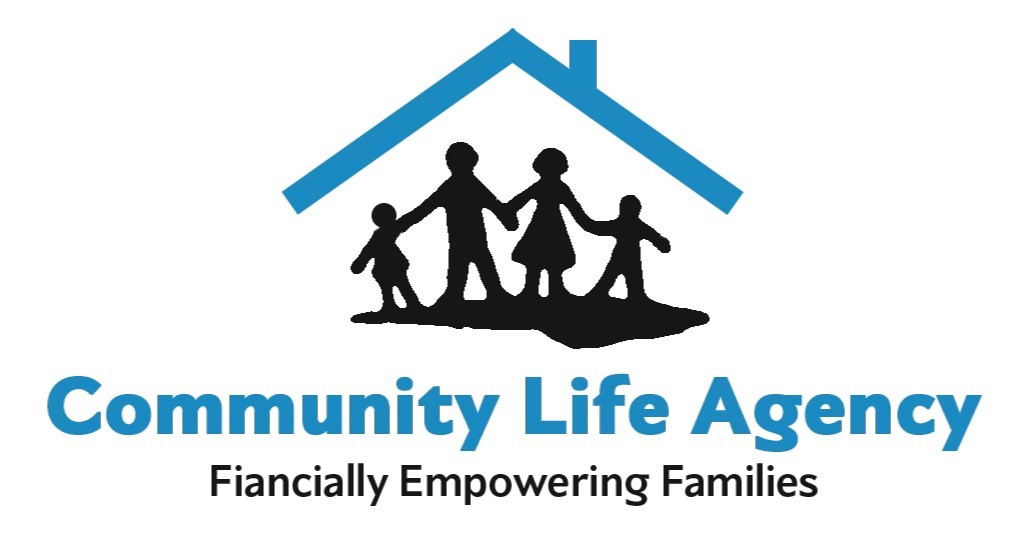Life Insurance Overview: Life insurance is an important financial tool that can provide peace of mind and financial security for you and your loved ones. In this blog post, we'll explore what life insurance is, why it's important, and the different types of life insurance available. What is life insurance? Life insurance is a contract […]
How to Pick the Right Disability Insurance for Your Lifestyle!

How to Pick the Right Disability Insurance for Your Lifestyle!
Many people rely on one single source, like their jobs, to cover daily living costs like rent, groceries, and utilities. If an unexpected disability stops you from earning a paycheck, the right insurance policy can help keep you financially stable while you recover.
Identify Your Budget and Essential Expenses
Before you shop for disability insurance, consider the bills you must pay each month. This includes housing, utilities, groceries, and any loans. The coverage you choose should be enough to meet these obligations if you’re unable to work. Make sure the premium fits your budget so you can maintain the policy for the long term.
Check the Waiting Period
Disability insurance policies have something called an elimination period. This is how long you must wait after becoming disabled before your benefits start. If you have enough savings to handle a few months without income, a longer waiting period could lower your premium. However, if you can’t afford to go that long without pay, look for a shorter waiting period.
Look at Benefit Period Options
The benefit period is how long the policy will pay you once you qualify for disability benefits. Some policies only pay for a few years, while others can last until retirement age. If you want maximum protection, look for a policy with a longer benefit period. However, keep in mind that longer benefit periods may come with higher premiums.
Understand “Own Occupation” vs. “Any Occupation”
Disability policies often define disability in one of two ways: “own occupation” or “any occupation.” An “own occupation” policy pays you if you can’t do the duties of your specific job. An “any occupation” policy pays only if you can’t work in any type of job that fits your experience. If you have a specialized career or skill, “own occupation,” coverage may be more useful, though it often costs more.
Check for Additional Features
Some disability insurance plans offer extra features, such as cost-of-living adjustments that increase your benefits to keep up with inflation. Others allow partial payouts if you can do some of your work but not all. Review these added options to see if they fit your needs. Sometimes, these add-ons make a plan more valuable, even if the premium is a bit higher.
Picking the right disability insurance is essential to safeguard your income and maintain your way of life if you become unable to work. By determining your budget, selecting the right waiting period, and understanding key differences like “own occupation” coverage, you can find a policy that meets your unique needs. Remember, it’s about creating a financial safety net that helps you focus on recovery, not bills, if life takes an unexpected turn.
Contact Us To Know More
Cancer, Stroke or Heart Attack: How Critical Illness Insurance Helps Pay the Bills!
A serious health scare like cancer, a stroke or a heart attack changes life fast. Beyond hospital stays and treatments, everyday bills keep coming. Rent or mortgage, groceries, child care, gas, and credit card payments don’t pause just because you need time to focus on getting better. That’s where critical illness insurance can step in, […]
Injured or Sick Longer Than Expected? Why Disability Insurance Is a Financial Lifeline!
Life is always changing. Maybe you slip on the ice and hurt your back, or you come down with an illness that takes months to treat instead of weeks. When that happens, the first worry is often your health. But pretty quickly, another question shows up: how will I pay my regular bills if I […]
